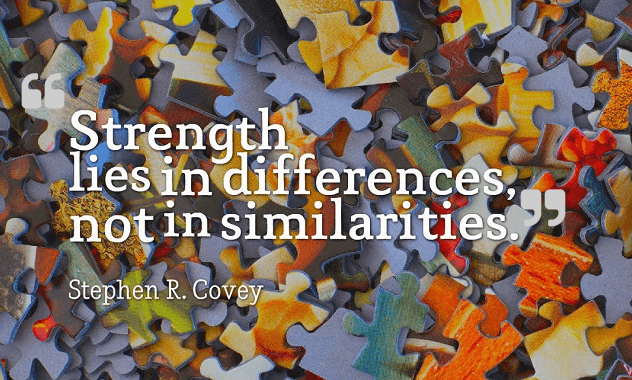Wordings for Different Cultural Contexts
Wizard / October 12, 2024

Wordings are a reflection of culture, and what may be considered appropriate in one context might not work in another. When communicating across cultures, adapting your wordings to fit the audience's cultural nuances is vital for avoiding misunderstandings and fostering positive relationships.
The Role of Wordings in Cross-Cultural Communication:
Different cultures have varying expectations regarding communication styles. In some cultures, direct and right wordings are appreciated, while in others, indirect, yet polite wordings are preferred to avoid confrontation. Understanding these differences is essential for effective cross-cultural interactions.
Wordings and Politeness Levels:
Politeness is conveyed differently through wordings across cultures. For instance, in countries like Japan, wordings that emphasize humility and respect are crucial in business interactions. Using formal titles and deferential wordings like “Thank you for your kind consideration” is essential in such cultures.
Avoiding Misinterpretations:
Certain wordings might have unintended connotations when translated across languages or cultural contexts. For example, the wordings “No problem” may be seen as dismissive in some cultures, while in others, it is a polite expression of willingness to help.
Adapting wordings to fit different cultural contexts is crucial in today’s globalized world. By being mindful of cultural differences and adjusting your wordings accordingly, you can ensure clearer, more respectful communication.